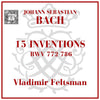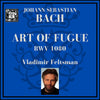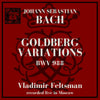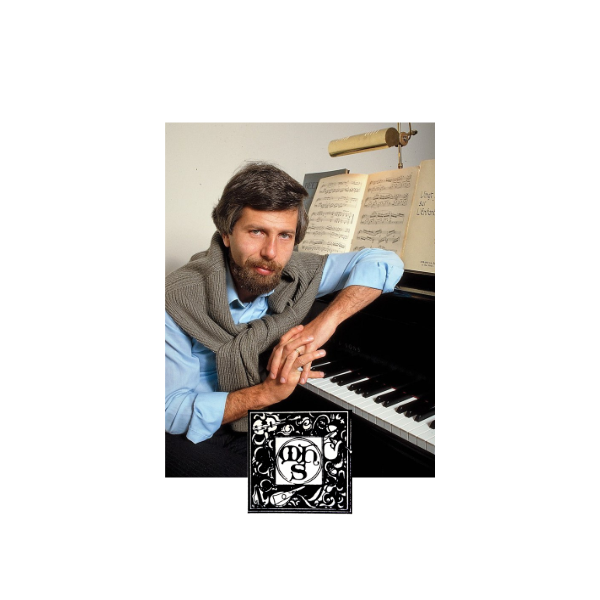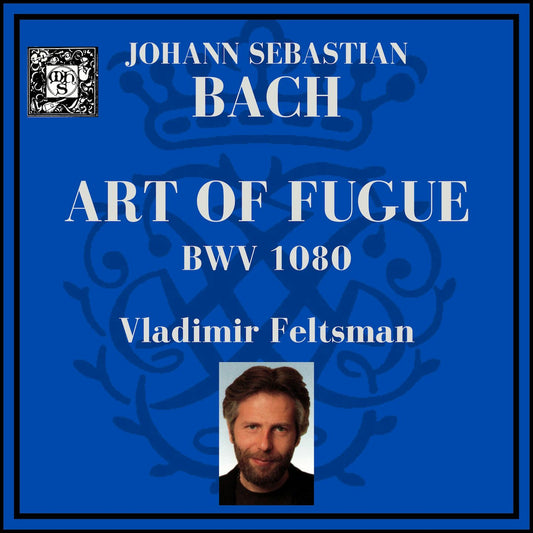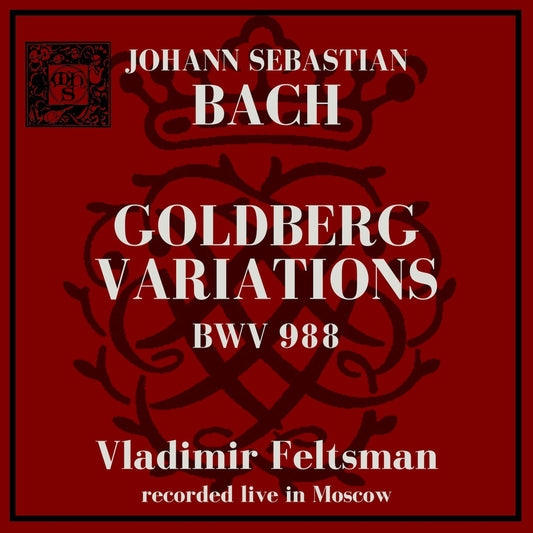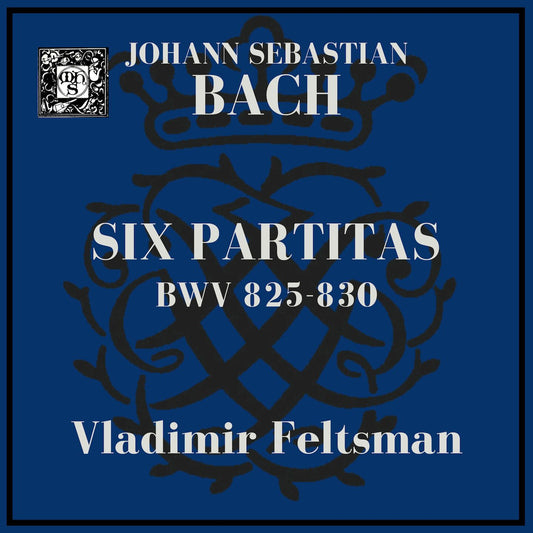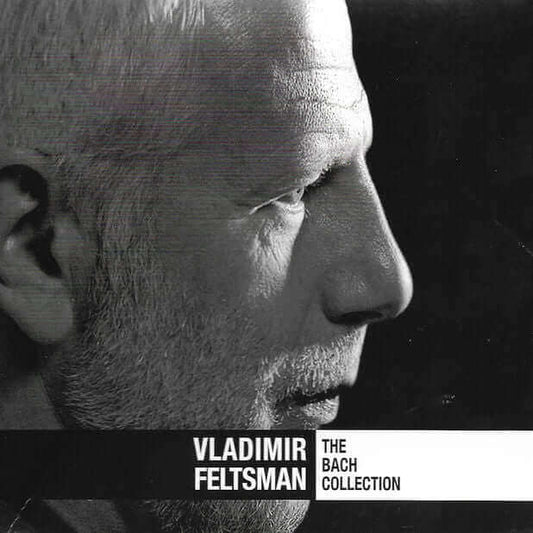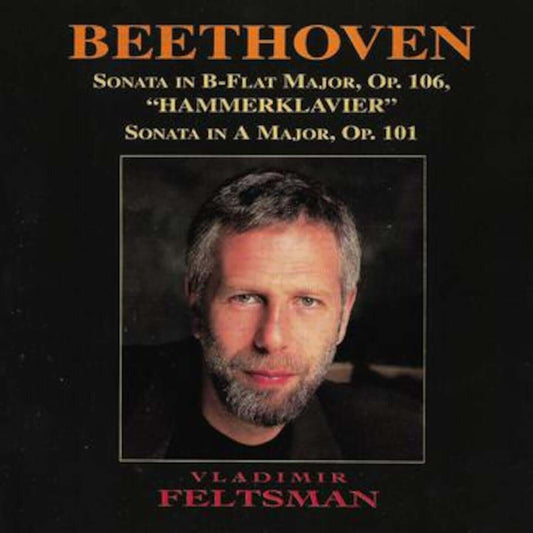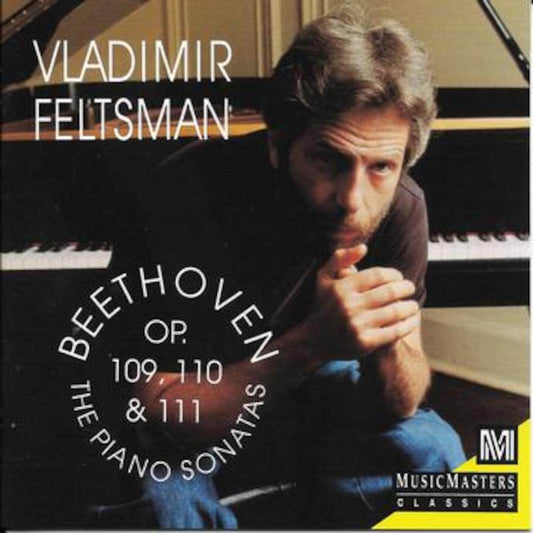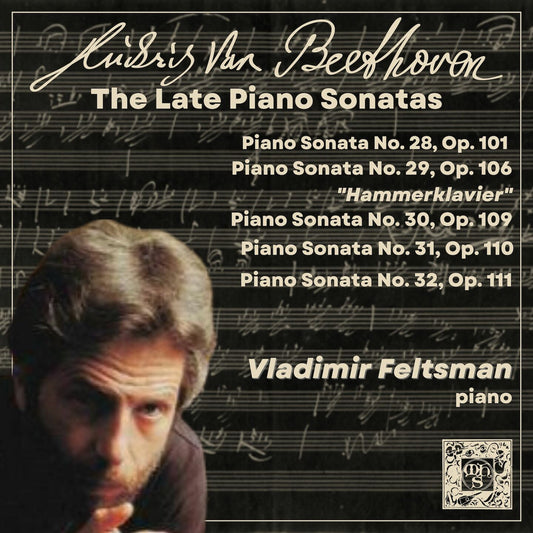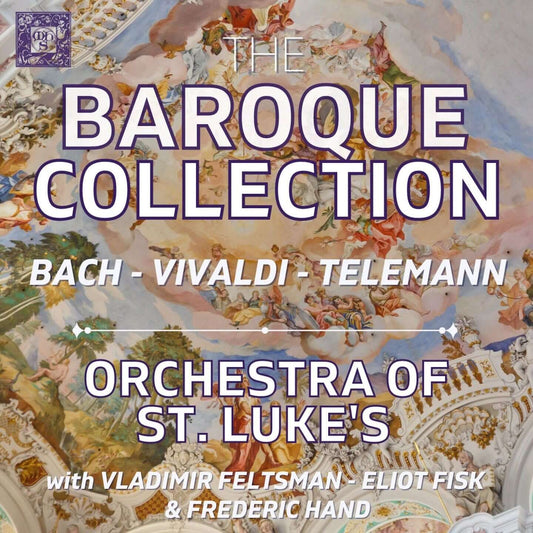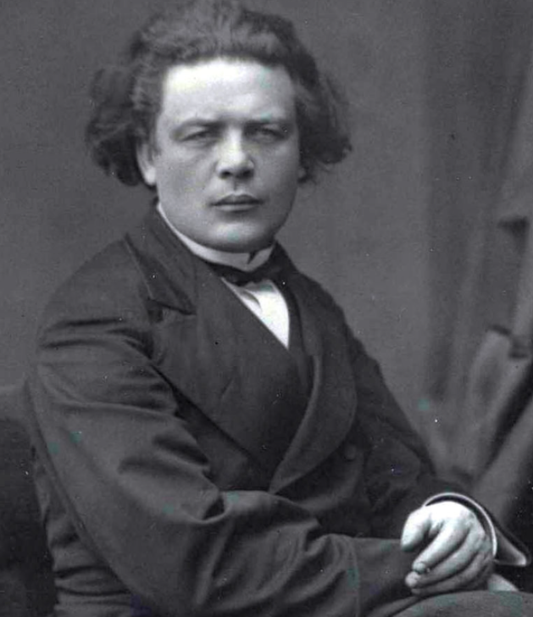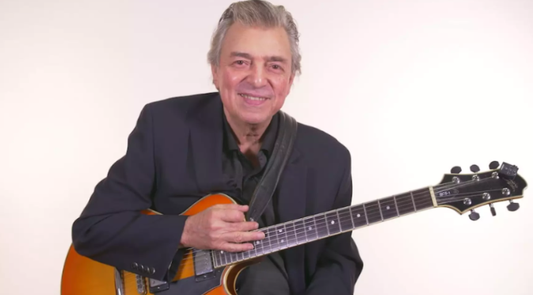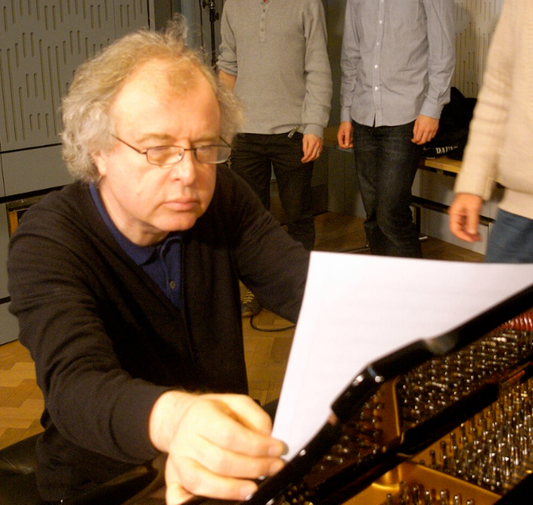Collection: VLADIMIR FELTSMAN: THE MUSICAL HERITAGE SOCIETY RECORDINGS
Vladimir Feltsman stands as a towering figure in the world of classical piano, renowned not only for his profound musical interpretations but also for his dramatic personal journey that embodies the struggle for artistic freedom against political oppression. Born in Moscow in 1952 into a musical family (his father was the popular Soviet composer Oscar Feltsman), Vladimir displayed prodigious talent early on, making his debut with the Moscow Philharmonic at the tender age of 11.
He honed his exceptional skills at the prestigious Moscow Conservatory, studying under the legendary Yakov Flier. His ascent was swift; he won the Grand Prix at the Marguerite Long International Piano Competition in Paris in 1971, solidifying his status as one of the Soviet Union's most promising young artists. This victory opened doors to performances across the Soviet Union, Europe, and Japan, showcasing his technical brilliance and burgeoning interpretive depth, particularly in the works of Bach, Beethoven, Chopin, and Russian masters.
However, Feltsman's growing desire for artistic freedom and intellectual independence clashed increasingly with the rigid constraints of the Soviet system. He became disillusioned with the official dogma dictating artistic expression and the limitations placed on international travel and repertoire choices. In 1979, seeking the liberty to shape his own artistic path, Feltsman applied for an emigration visa to leave the Soviet Union.
The authorities responded harshly. His request was denied, and he was effectively banned from public performance. Relegated from major concert halls to obscure provincial venues, he was eventually silenced altogether, forbidden even from teaching. This marked the beginning of an eight-year period as a "refusenik," a time of profound artistic isolation and uncertainty. During this challenging period, Feltsman refused to be creatively stifled. Famously, he undertook an intensive study and private recording project of J.S. Bach's complete keyboard works in a makeshift studio at a dacha outside Moscow, a testament to his unwavering dedication to his craft.
Feltsman's plight garnered significant attention in the West, becoming a cause célèbre among musicians, intellectuals, and human rights advocates who campaigned tirelessly for his release. Finally, in 1987, amidst the changing political climate under Mikhail Gorbachev and following direct intervention from the United States government, Feltsman was granted permission to emigrate.
His arrival in the United States was met with immense anticipation. His American debut was a highly symbolic performance at the White House, followed shortly by a triumphant concert at Carnegie Hall, cementing his arrival on the international stage. He quickly established himself as a major force, performing with leading orchestras worldwide and securing significant recording contracts.
Feltsman's pianism is characterized by its intellectual rigor, formidable technique, and deeply personal, often probing interpretations. He possesses a remarkable ability to illuminate the structural architecture of complex works, particularly Bach, while infusing them with profound emotional resonance. His repertoire remains vast, encompassing core Germanic and Romantic composers alongside a deep affinity for Russian music, including Scriabin and Prokofiev.
Beyond his demanding performance schedule, Feltsman is a dedicated educator. He holds the Distinguished Professor of Piano chair at the State University of New York (SUNY) at New Paltz, where he also founded the highly respected PianoSummer International Institute and Festival. He also teaches at the Mannes School of Music in New York City, mentoring the next generation of pianists.
Vladimir Feltsman's life story is inseparable from his art. His journey from Soviet prodigy through years of enforced silence to international acclaim is a powerful narrative of resilience and the enduring power of music. He remains a vital presence on the concert stage and in the teaching studio, his performances and insights enriched by a life lived at the intersection of profound artistry and historical adversity.

